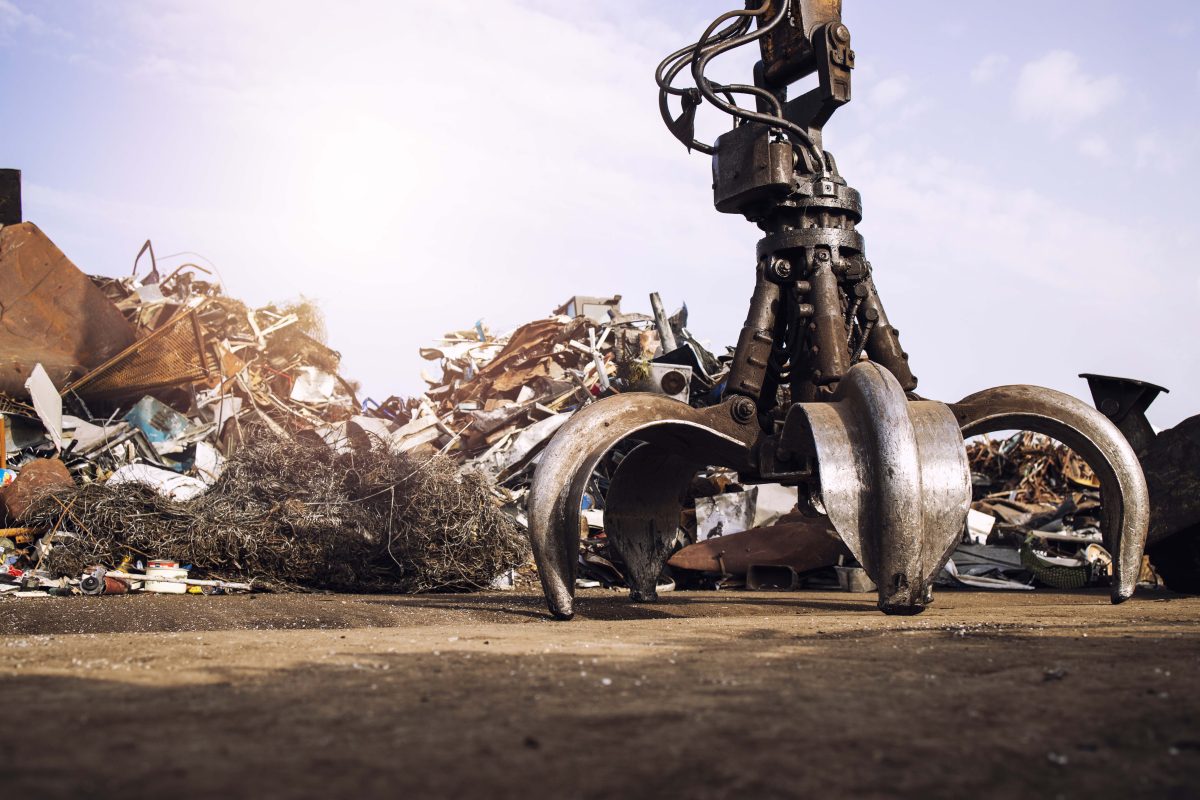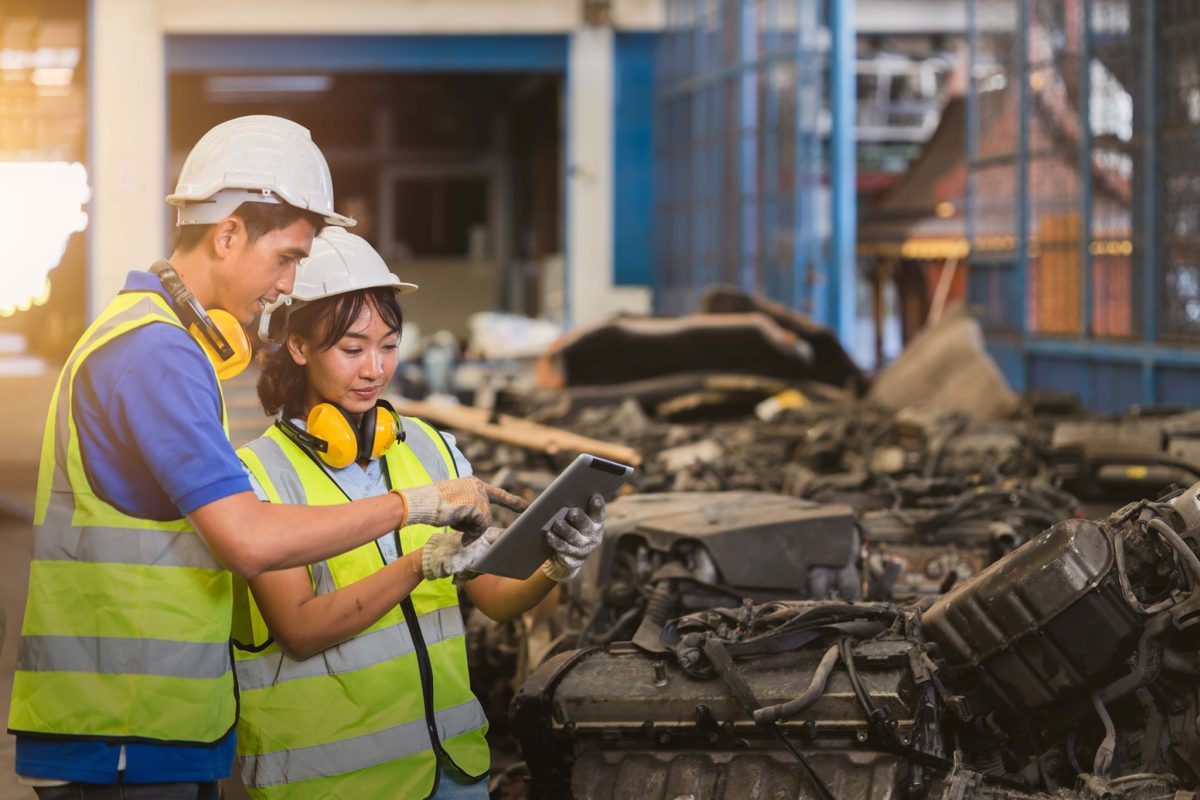According to a metal waste and recycling market analysis, the sector is showing impressive growth rates by 2024. This report utilises primary data, vendor briefing, the scope of the product, and surveys to conduct a detailed study of the industry and its movements.
It also takes into account the effect of Covid-19, which is drastically changing global economies.
The recycling and metal waste market
Metal scrap refers to scrap that is both ferrous and non-ferrous, with ferrous scrap (irons and steels) being generated from old products or manufacturing processes. Non-ferrous scrap, however, usually comes from household appliances, railroad tracks automobiles, and more. These include copper, zinc, lead, and others, and aren’t affected through the process of recycling, meaning they can be recycled again and again without an issue. The research in question focuses on four key examples: iron, copper, aluminium, and lead.
The scope of the report
Metals have high densities meaning they can be efficiently transported, making them one of the first materials to be utilised in the recycling process. In 2018, the scrap recycling industry was worth $26.83 billion in the US, amounting to 120 million tonnes of recycled materials every year.
The report summarises that the recycling industry is expected to reach 688044K MT by 2025, meaning it will have grown at a CAGR of 1.46% since 2017’s statistics.
The metal waste and recycling market worldwide is estimated to increase at a CAGR of 2.9% by 2025, meaning the industry will hit figures of £340,600 million. This is a significant increase from today’s figures.
The report largely focuses on the global market in areas such as South America, the Middle East, Europe, North America, and Africa, distinguishing between different aspects of the market using applications, types, manufacturers, and regions. More specifically, the analysis covers:
• Mexico, Canada, and the US for North America
• Russia, Italy, France, Germany and the UK for Europe
• Japan, Korea, Southeast Asia, India, and China for Asia-Pacific
• Colombia, Brazil, and Argentina for South America
• Nigeria, South Africa, Egypt, Saudi Arabia, UAE for the Middle East and Africa
As mentioned above, the market is divided into segments. These are packaging, battery, shipbuilding, equipment manufacturing, building and construction, automotive, customer appliances, and others.
Questions the report addresses
This metal waste and recycling analysis is detailed and thorough, answering some of the industry’s major questions, such as:
• What manufacturing technologies do metal waste and recycling make use of?
• How are these technologies developing?
• Which companies are the key players in the recycling and metal waste market?
• What is the current status of the metal waste and recycling market, and what is its competition?
• What is the industry’s estimated cost and profit looking into the future?
• What is the economic impact on the industry?
• How should we strategise to combat these economic impacts?
If you are interested in the growth of metal waste industries, this report is an excellent read.
Bread4Scrap has been partnering with scrap metal recyclers in the UK since 2016, and we are here for you, whatever the situation may be. Don’t hesitate to speak to our experts today for guidance.


